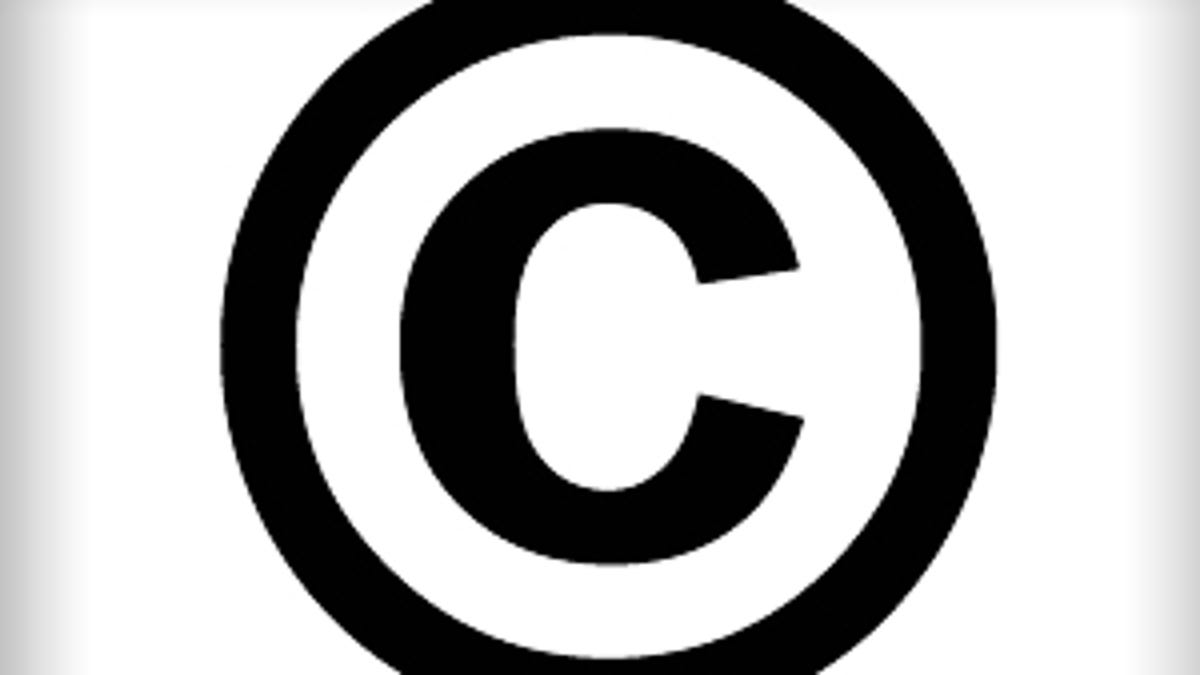SOPA's most aggressive defender: U.S. Chamber of Commerce
Supporters of the Stop Online Piracy Act, widely opposed by technology companies, have a secret weapon to win Republican support. It's the U.S. Chamber of Commerce.

There is no more influential business lobby group in the world than the U.S. Chamber of Commerce, which boasts that its "core purpose is to fight for free enterprise" and "individual freedom."
Which is why the Chamber's unflagging--even unyielding--support of a controversial copyright bill loathed by Silicon Valley might come as something of a surprise. Not only do critics view the Stop Online Piracy Act as antithetical to the individual freedom the Chamber applauds, but the technology industry has contributed more to economic growth and free enterprise in the last decade than Hollywood has.
Yet the Chamber has been even more aggressive than the Motion Picture Association of America and the Recording Industry Association of America in defending SOPA and attacking the legislation's critics. SOPA would allow the Justice Department to seek a court order to be served on search engines, Internet providers, and other companies that would force them to make a suspected piratical Web site effectively vanish from the Internet.
This public embrace of SOPA by a pillar of the GOP establishment, which has a muscular lobbying operation, donates generously to political campaigns, and was a close ally of the Bush White House, is crucial to winning over House Republicans. They might otherwise be leery of a bill with strong support from Hollywood and their Democratic allies that would lead to more government oversight over the Internet.
Steve Tepp, an intellectual property attorney at the Chamber, has become one of SOPA's most ardent defenders. He's written that SOPA's critics intentionally "mislead and scare people to make their point" and peddle "hyperbole." In a snarky blog post before Halloween, he said that anti-SOPA types are "unpacking all their favorite ghouls and hobgoblins" and making "extreme and absurd claims."
In another post, Tepp said that the U.S. Chamber of Commerce "will always stand" on the "side of American businesses"--an odd statement given that the list of businesses opposed to SOPA includes eBay, Yahoo, Google, Facebook, Twitter, LinkedIn, AOL, Zynga, and many other technology companies. (See CNET's FAQ and our previous coverage of security concerns.)
Yahoo recently quit the Chamber to protest its copyright position, while Google and the Consumer Electronics Association, which represents 2,200 companies, are considering following suit, the Washington Post reported. Both the Chamber and Google have confirmed to CNET that the search company remains a member; a new campaign funded in part by MoveOn.org seeks to convince Google to change its mind and leave.
When a Washington, D.C. trade association's members are vocally divided on a policy issue, typically the group remains silent. Unless, of course, one group of companies is writing much larger checks.
"I would assume that the Chamber's members who support SOPA contribute more than those who are opposing it," says Ryan Radia, an analyst at the Competitive Enterprise Institute, a free-market think tank in Washington. CEI has criticized SOPA but tends to count the Chamber as an ally on regulatory affairs and has jointly hosted events with the Chamber.
Normally trade associations experiencing deep divisions might seek a compromise, Radia said. "I'm perplexed as to why the Chamber hasn't taken an approach similar to that of the Business Software Alliance, which recently raised concerns about some of the provisions of SOPA."
Tepp, the Chamber's chief intellectual property counsel at its Global Intellectual Property Center, did not respond to a request for comment today. Neither did a Chamber spokeswoman.
To be sure, support for SOPA and an earlier version in the Senate called Protect IP is broader than Hollywood. A list of supporters includes the Association of Magazine Media, the National District Attorneys Association, the Romance Writers of America, Eli Lilly and Company, Kate Spade, Pfizer, Ralph Lauren, and a number of labor unions.
That list appears on FightOnlineTheft.com, another Chamber project that urges visitors to "tell Congress to act on the rogue sites legislation immediately." The Web site doesn't highlight the U.S. Chamber of Commerce by name -- instead, it's described as a project of the Coalition Against Counterfeiting and Piracy, which is in turn organized by the Chamber's intellectual property center.
Another reason why the Chamber's Global Intellectual Property Center appears so enthusiastic about SOPA may be that its employees tend to come from backgrounds that encourage enthusiasm for expanding copyright law.
Tepp previously worked for Sen. Orrin Hatch, the Utah Republican who wanted to ban peer-to-peer networks and co-sponsored Protect IP. He also worked at the U.S. Copyright Office, which explicitly endorsed SOPA last month. Mark Elliot, the center's executive vice president, was previously a senior director at Pfizer, which backs SOPA. Gina Vetere, the center's executive director for international intellectual property, came from the Office of the United States Trade Representative, which has highlighted alleged pirate Web sites.
That concentrated support for expanding copyright law could tip the balance in the House of Representatives, where a committee vote is scheduled for December 15, a source with knowledge of the schedule told CNET. (An aide to House Judiciary Chairman Lamar Smith, a Texas Republican, declined to confirm the date.)
"Unlike your run-of-the mill trade group, the Chamber speaks with a very loud voice and very big budget," says Art Brodsky, communications director of Public Knowledge, an opponent of SOPA.
Update: Yahoo's full statement is: "Yahoo! has memberships with numerous trade associations and belongs to a number of organizations that promote a free and fair marketplace which enable Yahoo! to innovate on behalf of our more than 700 million users. As our membership renewal time neared and we reviewed our membership, we decided not to renew."

